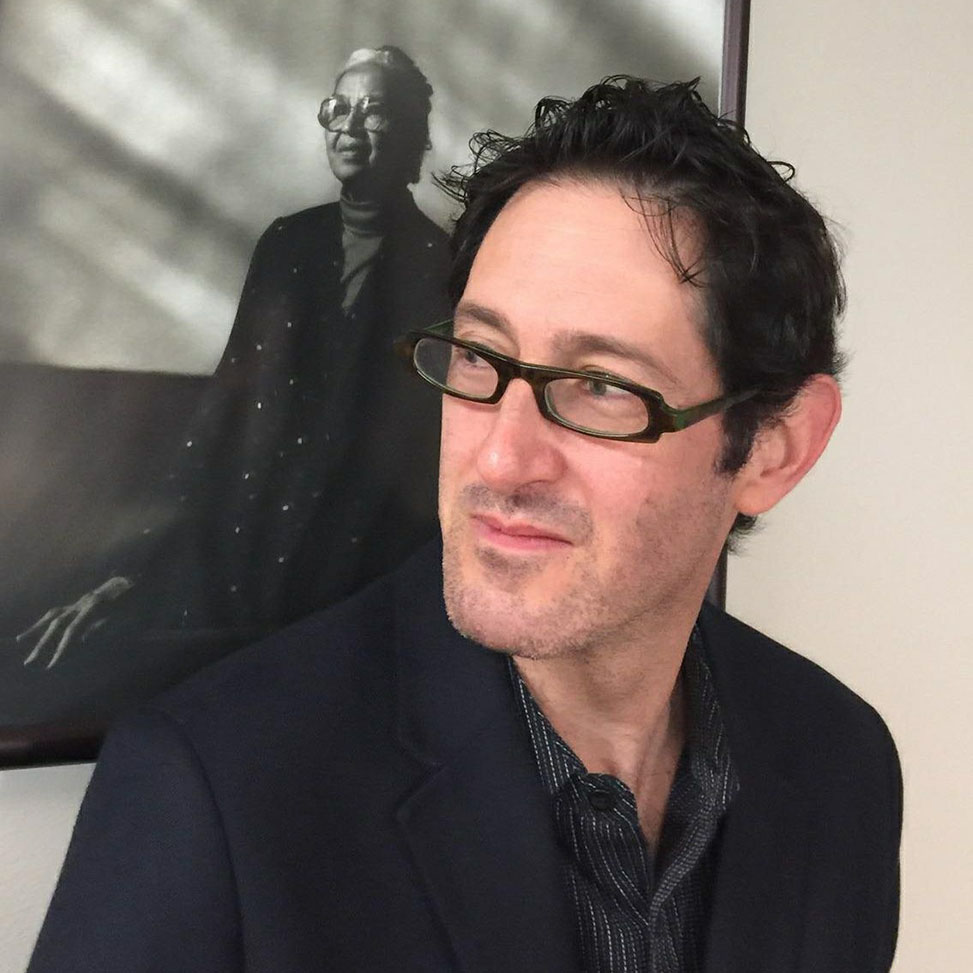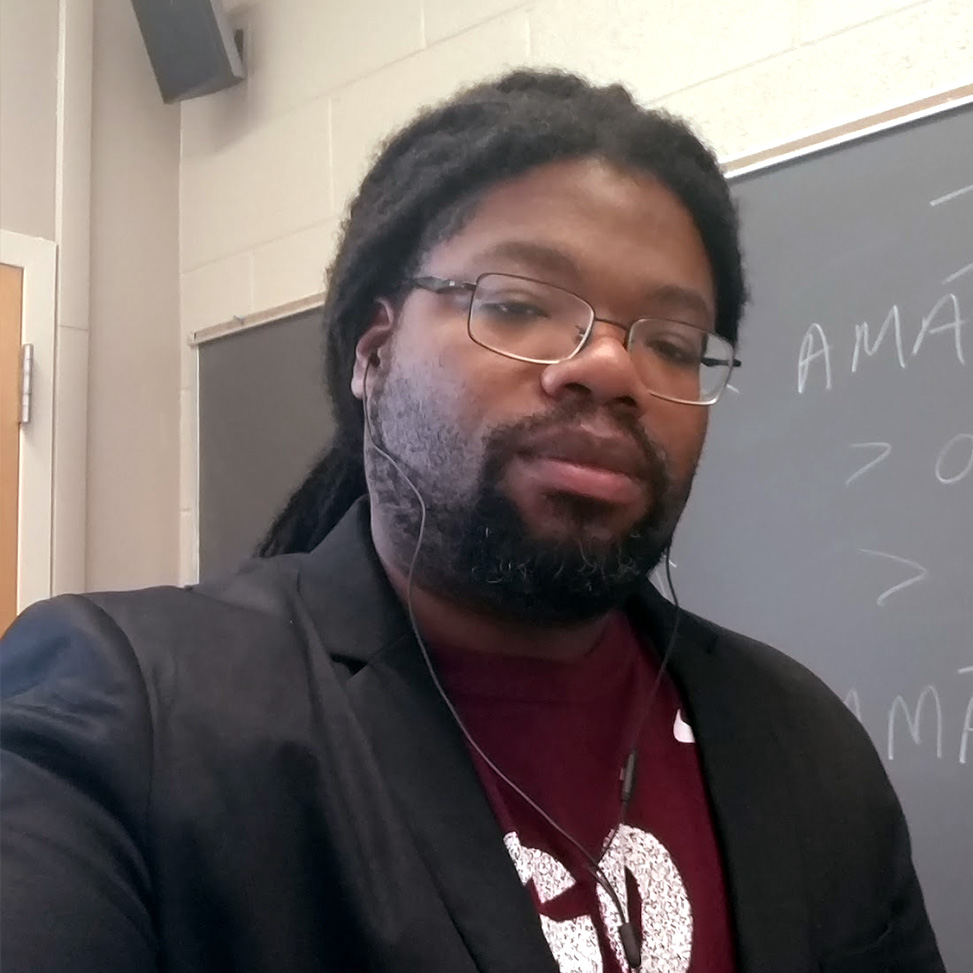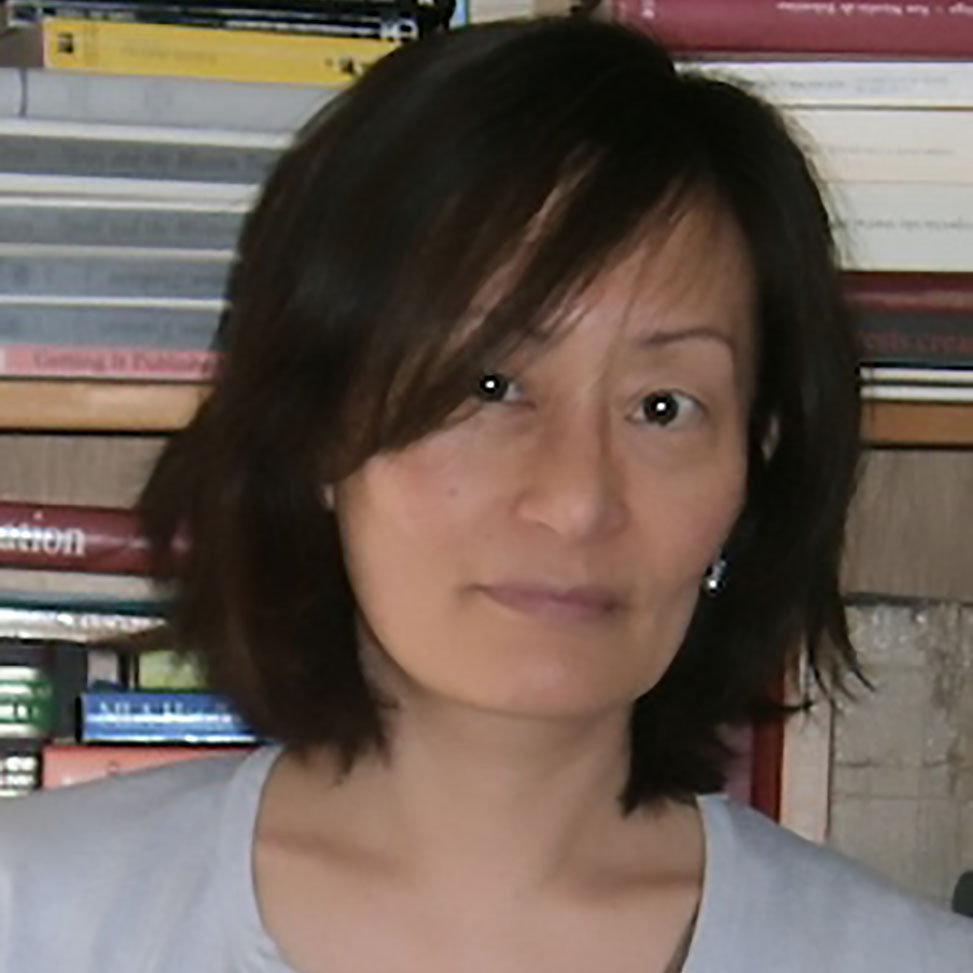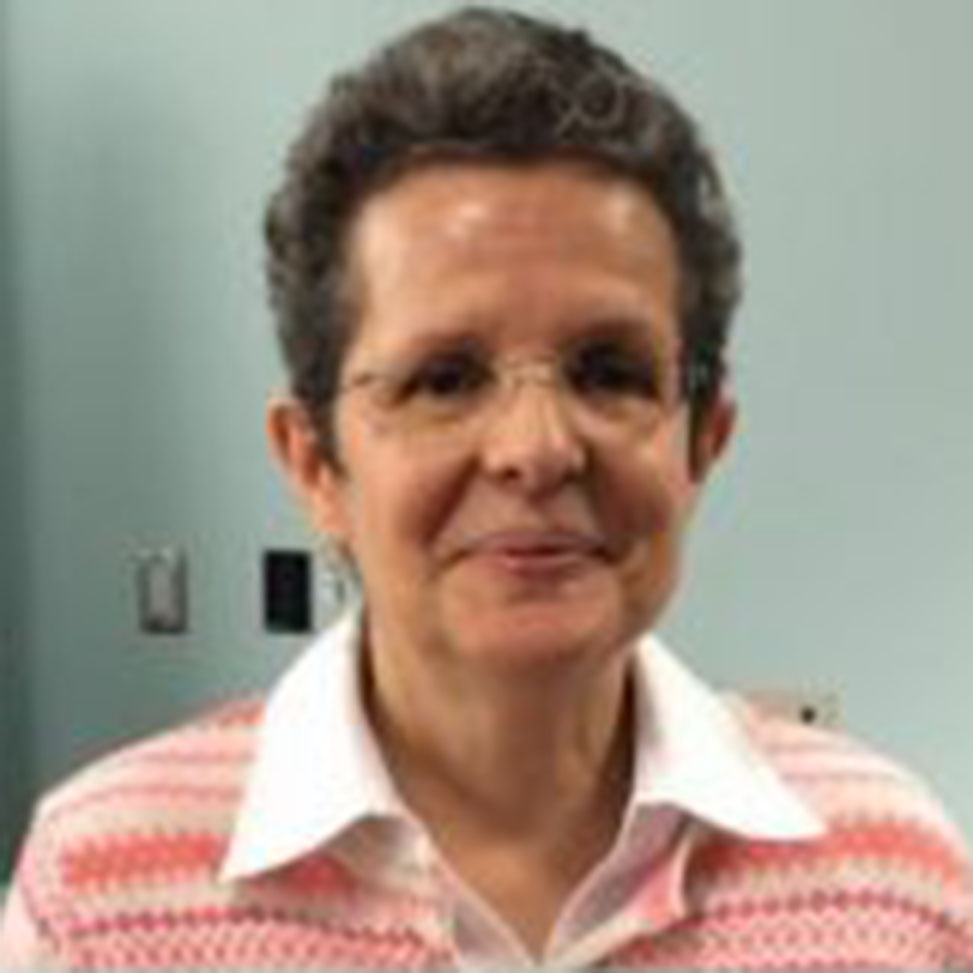Spanish Graduate
PhD in Spanish
The Graduate Program in Literatures, Languages, and Cultures of the Iberian Peninsula and the Americas aims to equip scholars, researchers, and teachers with the necessary skills to analyze the literary, linguistic, and cultural production associated with these regions of the world. The Ph.D. program allows specialization in the literature and culture originating in either continent, or, if a transatlantic approach is selected, a combination of both. Regardless of specialization, all students will be trained globally, since for their written examination they will be required to address both regions. The goal is to perceive the Iberian Peninsula and the Americas not as separate entities to be studied in isolation, but as interconnected and interdependent regions whose cultural discourses reveal deep relationships when studied in unison.
The graduate faculty brings to bear a broad array of interdisciplinary interests and competencies, from historical, literary, linguistic, social, and cultural emphases to film and visual studies. Graduate students will engage in research and coursework that, while departing from the millenarian roots of the Iberian Peninsula and the Americas, may consider, among other topics, East-West transatlantic and transcontinental discourses that have taken place among Spain, Portugal, the Americas, Africa, and Asia; or North-South literary and cultural dialogues between the Iberian Peninsula and Africa, and within the Americas. Students may also build their programs of study to include diasporic exchanges (that is, those occurring in countries where people of Hispanic descent have settled) or the literatures, languages and cultures of other groups in these regions (those speaking indigenous, African or Portuguese Languages in the Americas; or Portuguese, Catalan, Basque, or Galician in the Iberian Peninsula). In addition, students acquire a solid knowledge of literary criticism and theory, and may also include film and visual studies in their areas of preparation.
Students interested in global, trans-disciplinary, comparative and applied approaches to the study of the Iberian Peninsula and the Americas will benefit from the department’s close association with the Center for European Studies, the Institute for the Study of the Americas, American Indian Studies, the African Studies Center, the Program in Medieval and Early Modern Studies, Latina/o Studies, Comparative Literature, Linguistics, Women’s Studies, and other units with which many of our faculty collaborate.
Program Details
Following the pattern for the PhD in the Department of Romance Studies, the PhD in Literatures, Languages, and Cultures of the Iberian Peninsula and the Americas entails the following specifics.
Specific course work is chosen in consultation with the Spanish Graduate Advisor. The Graduate School’s residency requirement of four semesters of full-time registration must be met. Beyond their course work, graduate students may want to take additional courses to strengthen their preparation for the written comprehensive examination, to lay the groundwork for the dissertation, or to develop a wider range of teaching fields. As interdisciplinary studies may be appropriate to some research projects and career plans, a supporting program of 3 courses (9 credit hrs.) in addition to the 24-hour program described above may be warranted. Students may review possible appropriate courses in other departments via the Graduate Record, in consultation with the Graduate Advisor.
See also our e-flyer.
Explore Previous Students' Courses of StudyStudent 1
- Area of Specialization: Diasporic Spanish-Speaking Caribbean Women Novelists residing in the USA and the Caribbean from 1990 to 2005
- Secondary Area: The Cuban Novel inside the Island from 1990 to 2005
- Complementary Area: Peninsular Women Novelists 1990 to 2005
- Dissertation: CUBAN-AMERICAN WOMEN’S ANGLOPHONE NOVELS OF THE 1990s
Student 2
- Area of Specialization: Latin American Historical Novel and Theater, 1940-present
- Secondary Area: Literary Theory
- Complementary Area: 20th Century Spanish Historical Novel and Theater
- Dissertation: THE PAST IS PRESENT: MEXICAN HISTORIGRAPHIC METALITERATURE
Student 3
- Area of Specialization: Medieval Spanish Literature
- Secondary Area: Renaissance/Golden Age Literature
- Complementary Area: Colonial Spanish American Literature
- Dissertation: THE ARENGA IN THE LITERATURE OF MEDIEVAL SPAIN
Student 4
- Area of Specialization: Twentieth century Spanish American poetry)
- Secondary Area: The epistolary genre and the personal correspondence of twentieth century Latin American poets
- Complementary Area: Twentieth century Spanish poetry (1915-1960)
- Dissertation: CORRESPONDENCIAS: THE INTERTWINING LETTERS, LIVES, AND LITERATURE OF JORGE CARRERA ANDRADE AND PABLO NERUDA
Student 5
- Area of Specialization: Realism and Naturalism in 19th-century Spanish American Literature
- Secondary Area: Romanticism in the Spanish American Novel
- Complementary Area: Realism and Naturalism in the Spanish Novel
- Dissertation: WOMAN AS VICTIM IN THE SPANISH AMERICAN NATURALIST NOVEL, 1889-1919
The qualifying written examinations are taken beginning on the second Monday of the Spring semester of the second year. In addition to taking courses, all candidates prepare for the written exams by reading the works on the Qualifying Exam reading list for the Literatures, Languages, and Cultures of the Iberian Peninsula and the Americas. The periods tested are:
- Peninsular Medieval and Golden Age to the 1700s
- Peninsular 18th to 21st Century
- Latin American Colonial to Modernism
- Modernism to 21st Century
By the time of the written exams, you should have read all of the works on the Qualifying Exam reading list, either as coursework or on your own, and be familiar with the major critical issues and relevant contexts associated with them.
The qualifying examinations will consist of four separate sections, each covering one of the eight areas of the reading list. It will be taken in two days, two sections per day. All examinees are given two questions in each section, from which they choose one. There is no language requirement for this exam. Students should write the exam in the language (either Spanish or English) in which they are most competent, on condition that they have written at least one paper in their non-native language (Spanish or English) and that a copy of this paper be submitted to the Graduate Student Service Manager. The first set of questions of the day will be emailed to the student at 8am and the student is required to send back his/her answer by 12pm. The second set will be emailed at 1pm and needs to be returned by 5pm. Exam questions are designed to be answered without help from external sources, since the objective of the Exam is to gauge students’ general understanding of the themes and forms of literary and cultural issues as they manifest over geographical areas and historical moments. While responses to questions should demonstrate the student’s “big picture” understanding of whatever movement/issue/genre/theme is framed in the question and should illustrate his/her perspective with analyses of a few works on the exam list, students are nonetheless encouraged to answer the questions as they are posed. The time limitations of the Exams (4 hours for each section) make it extremely inadvisable to consult secondary sources, online resources, or other materials during the examination period. Whenever possible, the questions are prepared by different faculty experts on the period.
Faculty who prepare questions will be asked to grade them. However, all failing grades will be sent to a second reader; if the first and second reader disagree on the grade, a third will be asked to break the tie.
Grades are S (Satisfactory) or U (Unsatisfactory) but, in exceptional cases, graders may award an H (High Pass).
Students who fail one to three sections of the qualifying exams in Spanish have the option of retaking the exams on or before 90 days. Those who fail four or more exam areas cannot retake them before 90 days; instead, they should retake the exams when these are offered again in the Spring of the next academic year. This also means that the latter students are responsible for their own tuition.
The research paper should be 5,000-7,000 words of text exclusive of endnotes and works cited. All research papers must follow MLA style and conform to the Graduate School’s “Guide to Theses and Dissertations”. The student should also consult the Graduate School Handbook to ensure that he or she has met all of the requirements for the degree prior to working on and submitting the research paper.
By no later than January 15 of the candidate’s second year, he or she should approach a member of the faculty to serve as the Research Paper advisor. The candidate, in consultation with the advisor, selects two additional members of the Romance Studies faculty to serve on the Research Paper Committee (RPC). Once they have agreed, all three names must be submitted by the candidate to the Director of Graduate Studies, who will officially appoint the committee and notify all involved, including the Graduate Student Services Manager. The Research Paper advisor and then the readers will approve the research paper. A formal meeting between the candidate and the Research Paper Committee may be scheduled if the advisor considers it necessary. The research paper is normally finished in the Spring semester of the second year. The approved version should be submitted electronically to the Graduate Student Services Manager no later than the last day of classes. The research paper is a thesis substitute, not a thesis, so it does not need to be received by the Graduate School by the April deadline for theses. An approved research paper, together with the satisfactory completion of both the written and oral exams, are necessary in order to obtain the M.A. degree.
Upon completion of coursework, the student will identify a primary area of specialization (one that encompasses and is closely identified with, though not necessarily identical to, the topic of the dissertation), a secondary area (one separate from but complementary to the area of specialization), and a complementary area (one dealing with the Iberian Peninsula or the Americas, whichever is not represented by the area of specialization). Any exceptions to the above must be justified and approved not only by the student’s advisor, but also by the Director of Graduate Study. The student will prepare a bibliography that addresses the current state of research in these areas, and will also include appropriate criticism and theory. The student will justify, in no more than one page at the beginning of the list, how the areas are related. An examination committee for the student will be composed of one representative for each of the areas chosen, and the committee’s responsibility will be to guide the student in his or her selections. Once all members agree that the bibliography is ready they will indicate their approval by signing and dating the document. The student shall then have a minimum of three months from that date to take the take-home written doctoral examination based on the bibliography.
The examination will consist of an oral part, during which the examination committee will test the candidate’s knowledge of the texts in the bibliography and, if completed satisfactorily, the student will be administered the written part to be completed at home. For this part each member of the examination committee will write two questions based on the area of the bibliography he or she represents. The written examination will take place over a weekend (exam emailed to student by 3:00 pm on Friday and returned to Graduate Student Services Manager by 9:00 am on Monday) and the student will answer one question per area. The student is encouraged to spend one day on the question from the Area of Specialization, and one day divided between the questions from the Secondary Area and the Complementary Area. Exams are not given over holiday weekends.
For the dissertation, the student will first choose a dissertation committee composed of a director and four readers (this is composed of the exam committee plus 2 others) , and then write a prospectus that outlines the original research that he or she intends to conduct. Once completed, the members of the committee and the student convene for the oral defense of the prospectus. If approved, the student proceeds to write the dissertation, whose oral defense upon completion is the final step to receiving the PhD.
Meet the Spanish Graduate Faculty
What Our Students Are Saying

Katelyn Howard
Spanish
Current Graduate Student
“Above all, I am wholly indebted to the ROMS (Spanish) faculty for their exceptional mentorship, both academically and personally. As a first generation graduate student, I needed a lot of support; my Dissertation Director, the Director of Spanish Language Instruction, and my Spanish Course Coordinators always went above and beyond to help me succeed. They have significantly shaped me as a scholar, a Spanish instructor, and as an individual in general, and I strive to mentor my students (current and future) in the ways they have mentored me. ¡Gracias!“

Francisco Chen-Lopez
Spanish
Graduate Alumni
“As an international student, I truly appreciate the accepting and friendly environment ROMS has created. I met wonderful colleagues and mentors and started friendships that I anticipate lasting for the rest of our lives. During my graduate studies, I was well prepared for a career in academia. Thanks to the excellent mentorship I received, as a Ph.D. candidate who went on the job market for the first time, I was able to secure a tenure-track position at Spelman College. All this would not be possible without ROMS.“












